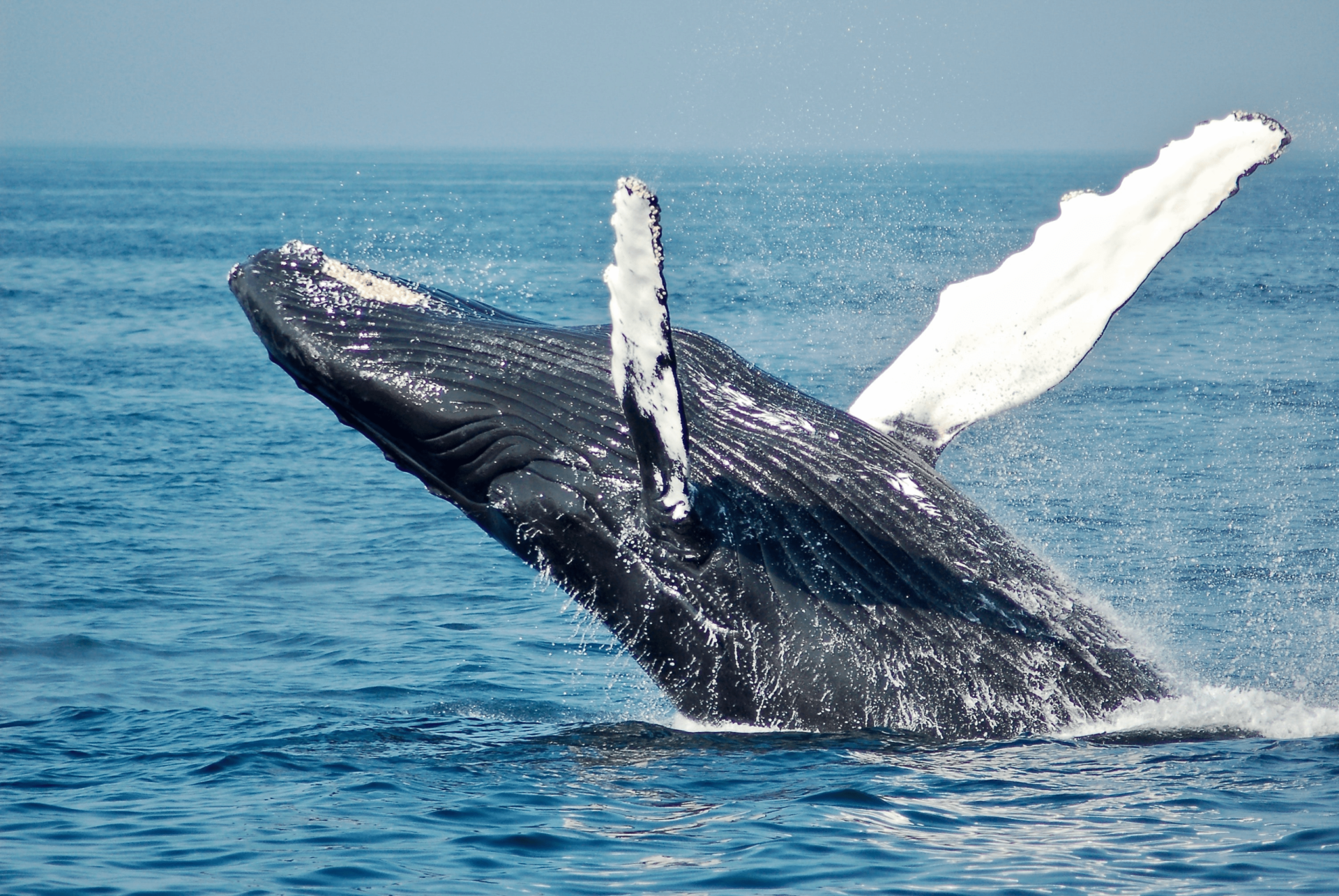Nereus principal investigator and alumnus Thomas Frölicher (University of Bern) is a co-author with a team of researchers on a new study published in Nature, “Global vulnerability of marine mammals to global warming.” The authors analyzed how global warming under high and low greenhouse gas (GHG) emissions scenarios could impact all marine mammals globally. They show that the North Pacific Ocean, the Greenland Sea and Barents Sea are the regions containing the mammal species most vulnerable to global warming, such as the North Pacific right whale, gray whale, North Pacific bottle-nosed whale, spotted seal, dugong, and more. The authors point out, that if these marine mammals were to go extinct due to global warming, they would disproportionately impact unique functional biodiversity and marine ecosystems worldwide. Therefore, they recommend focusing future marine conservation efforts in ocean regions that have a long history of over-exploitation, and contain these most vulnerable species under threat due to warming. You can read the full open access article through the link here.
The above summary was adapted from the reference below:
Albouy, C., Delattre, V., Donati, G., Frölicher, T. L., Albouy-Boyer, S., Rufino, M., Pellissier, L., Mouillot, D., & Leprieur, F. (2020). Global vulnerability of marine mammals to global warming. Scientific Reports, 10(1), 548.







